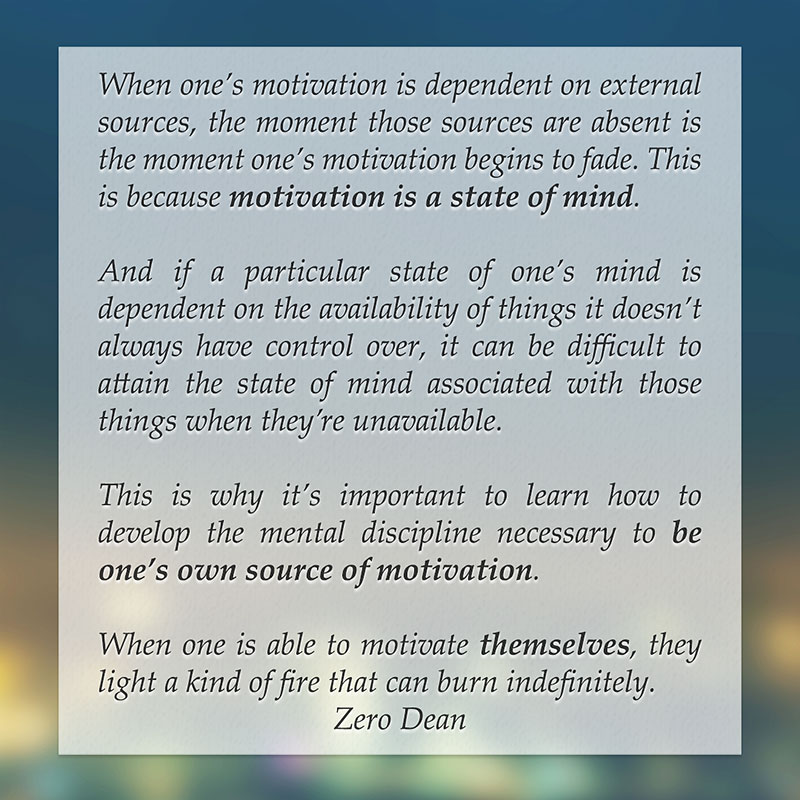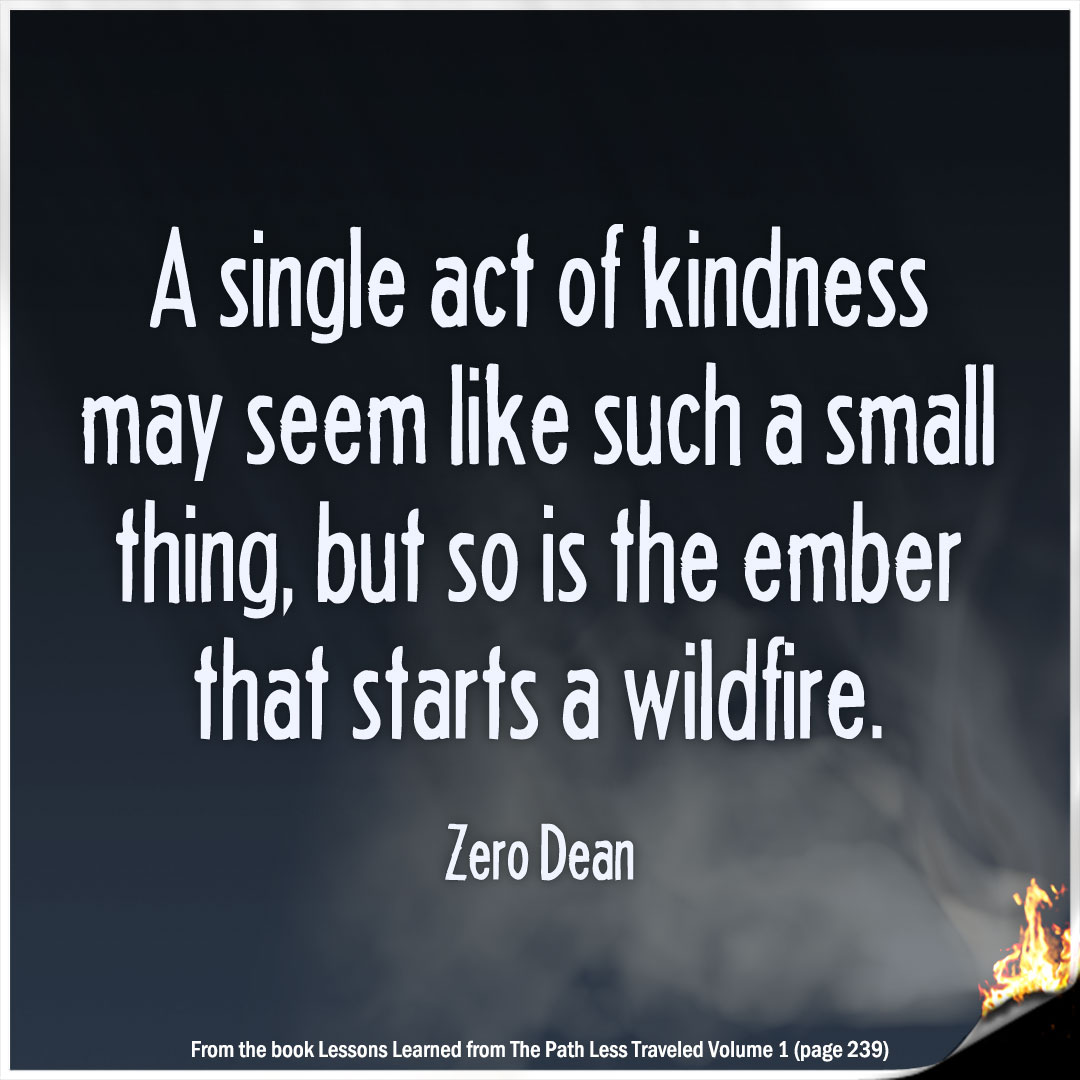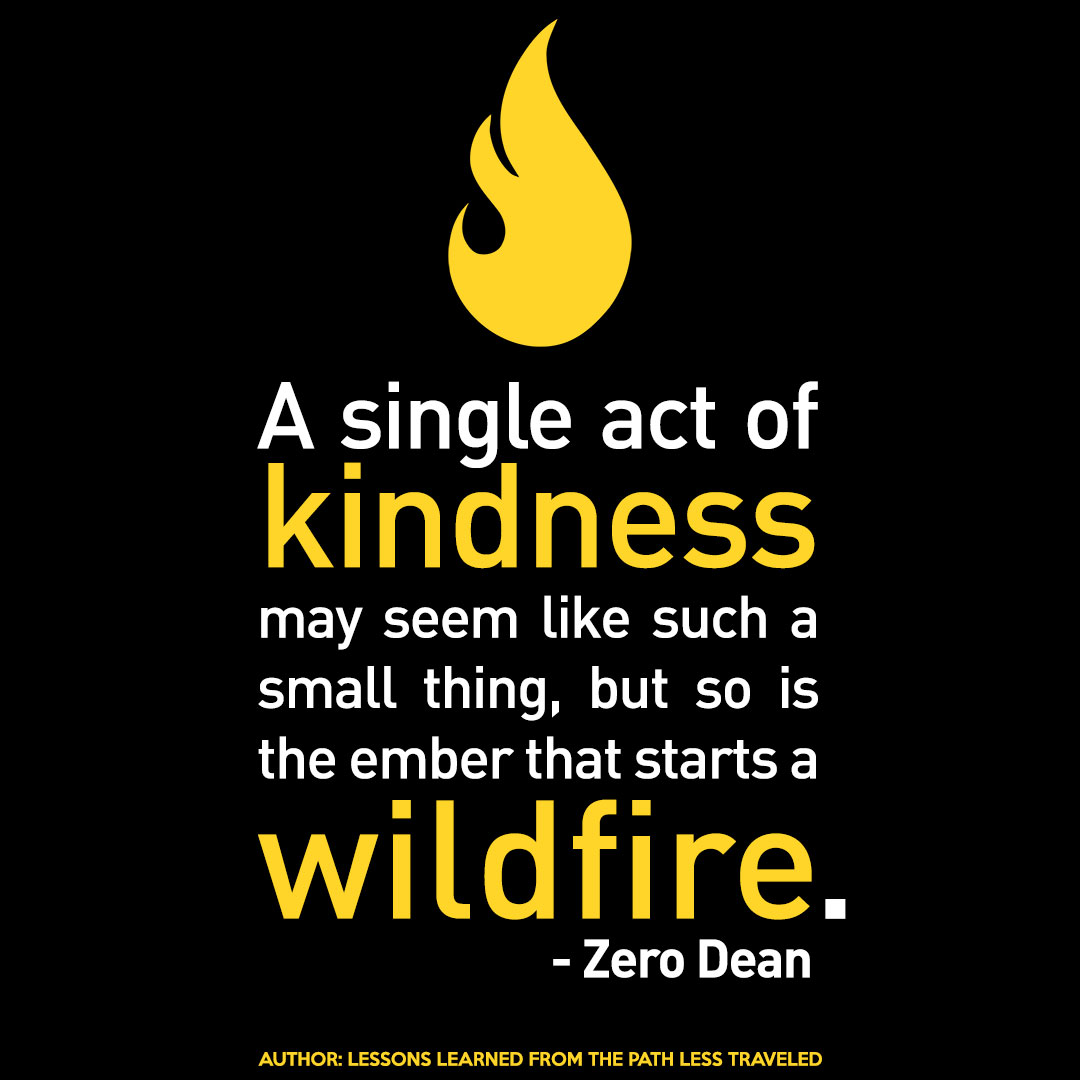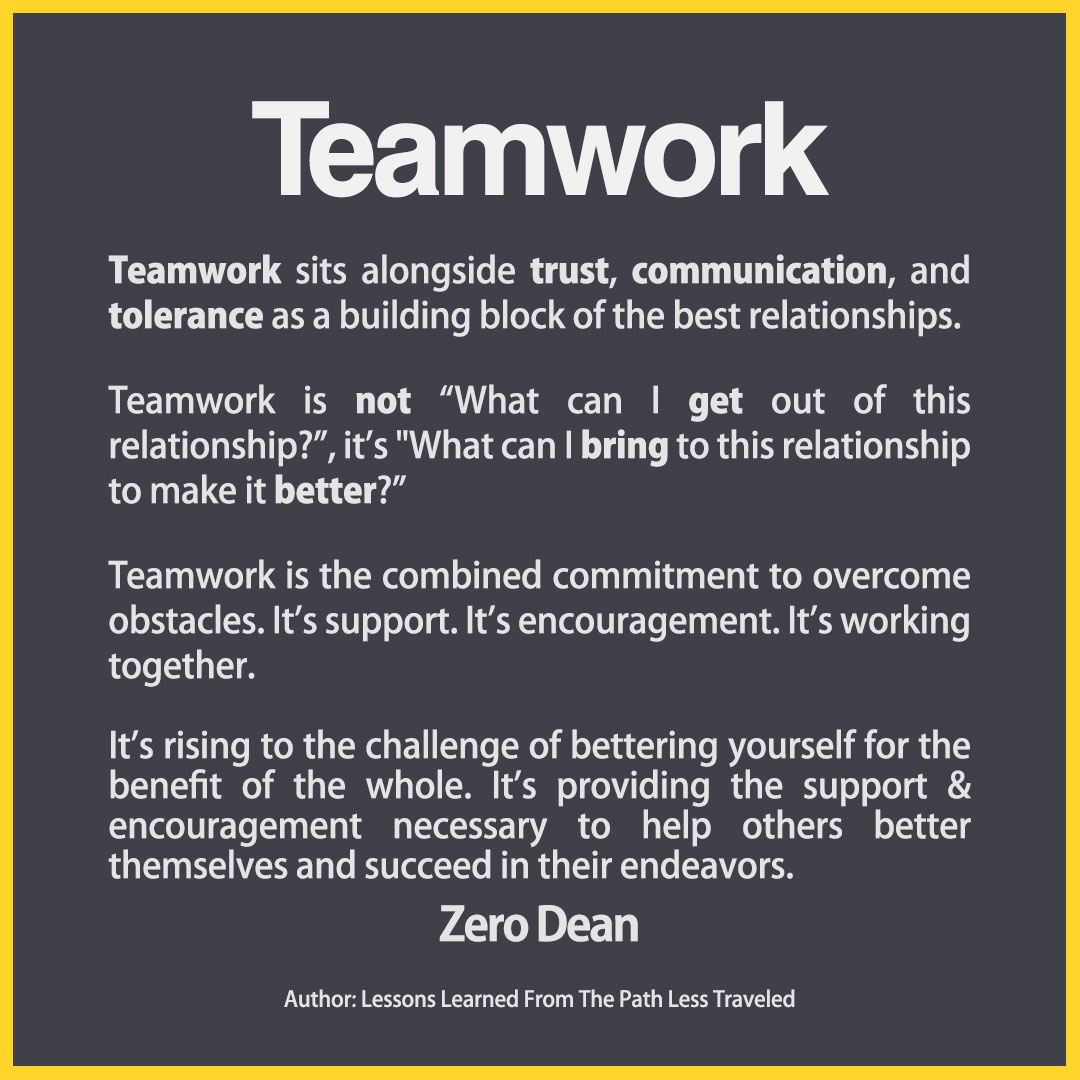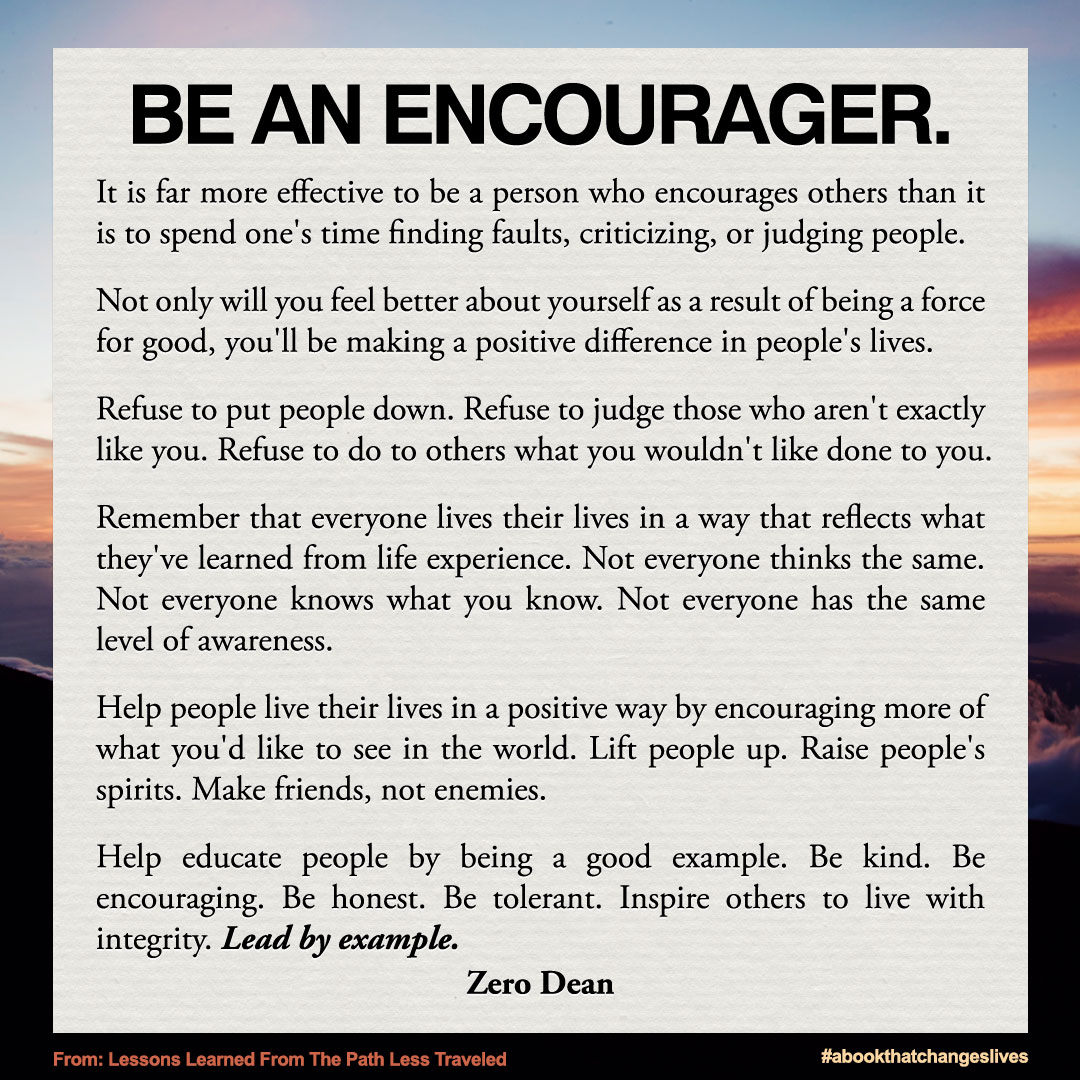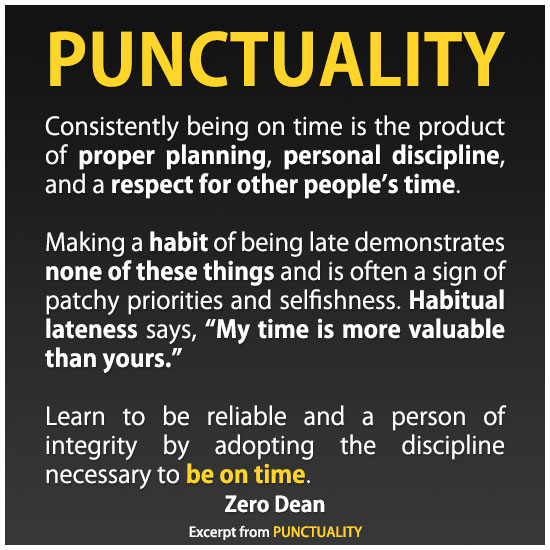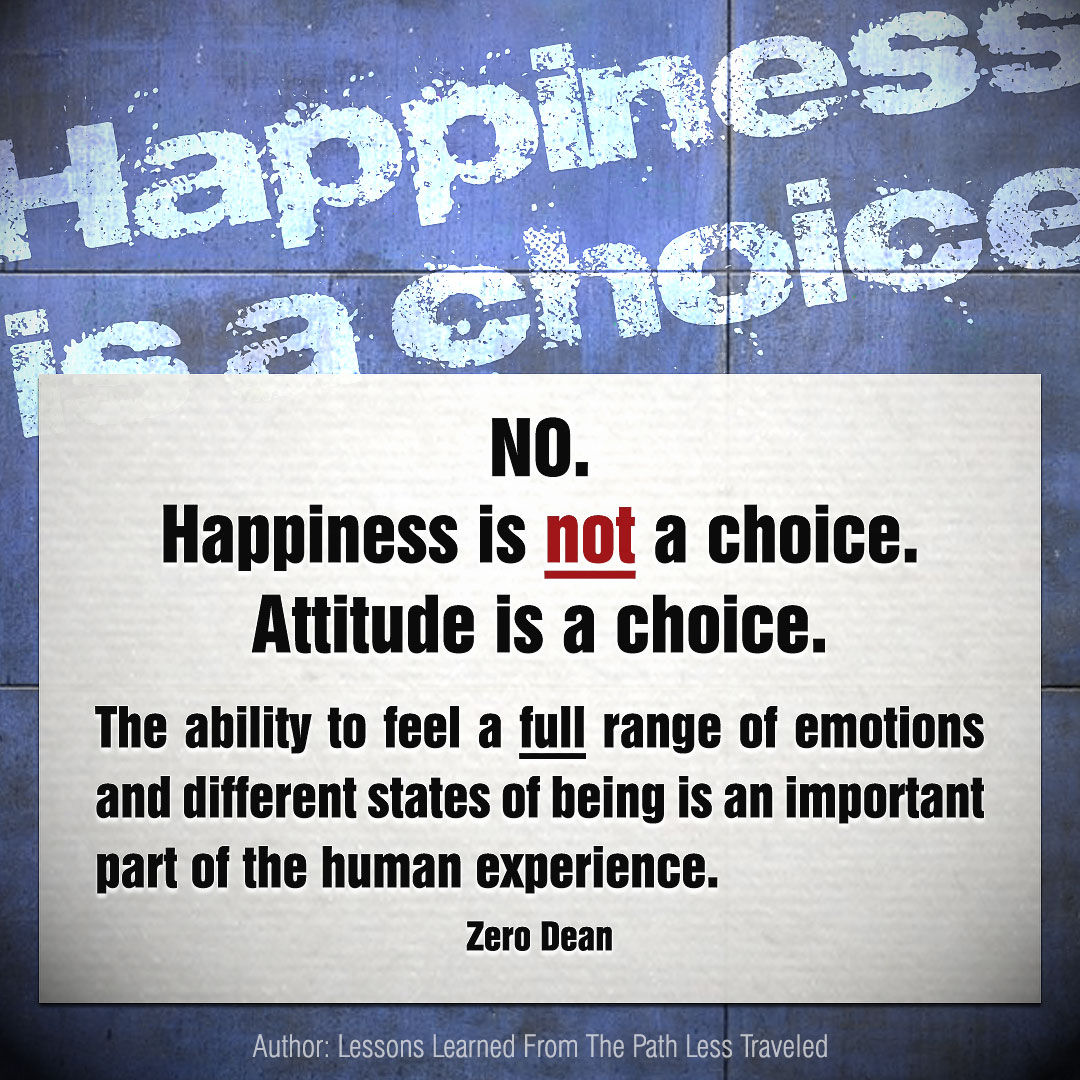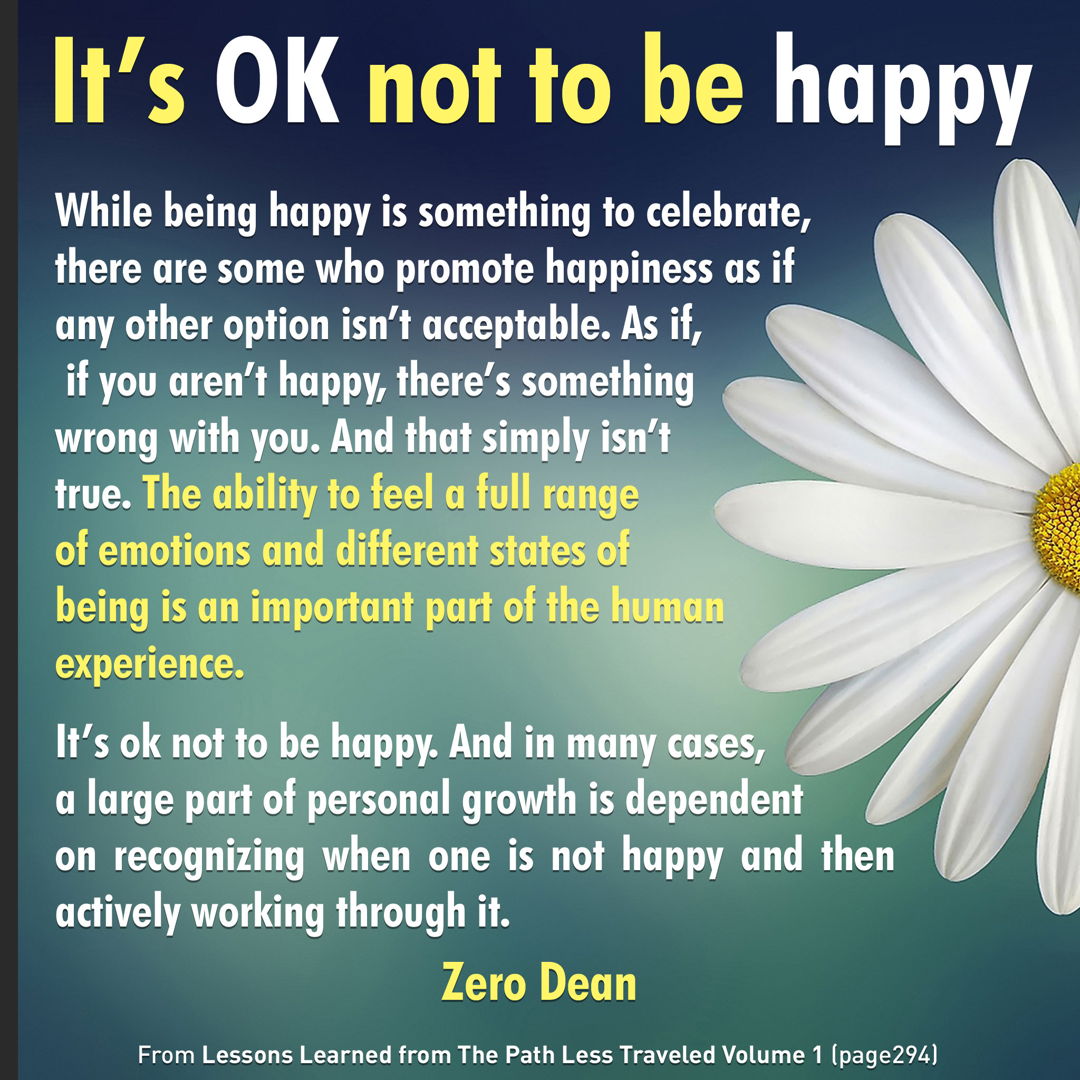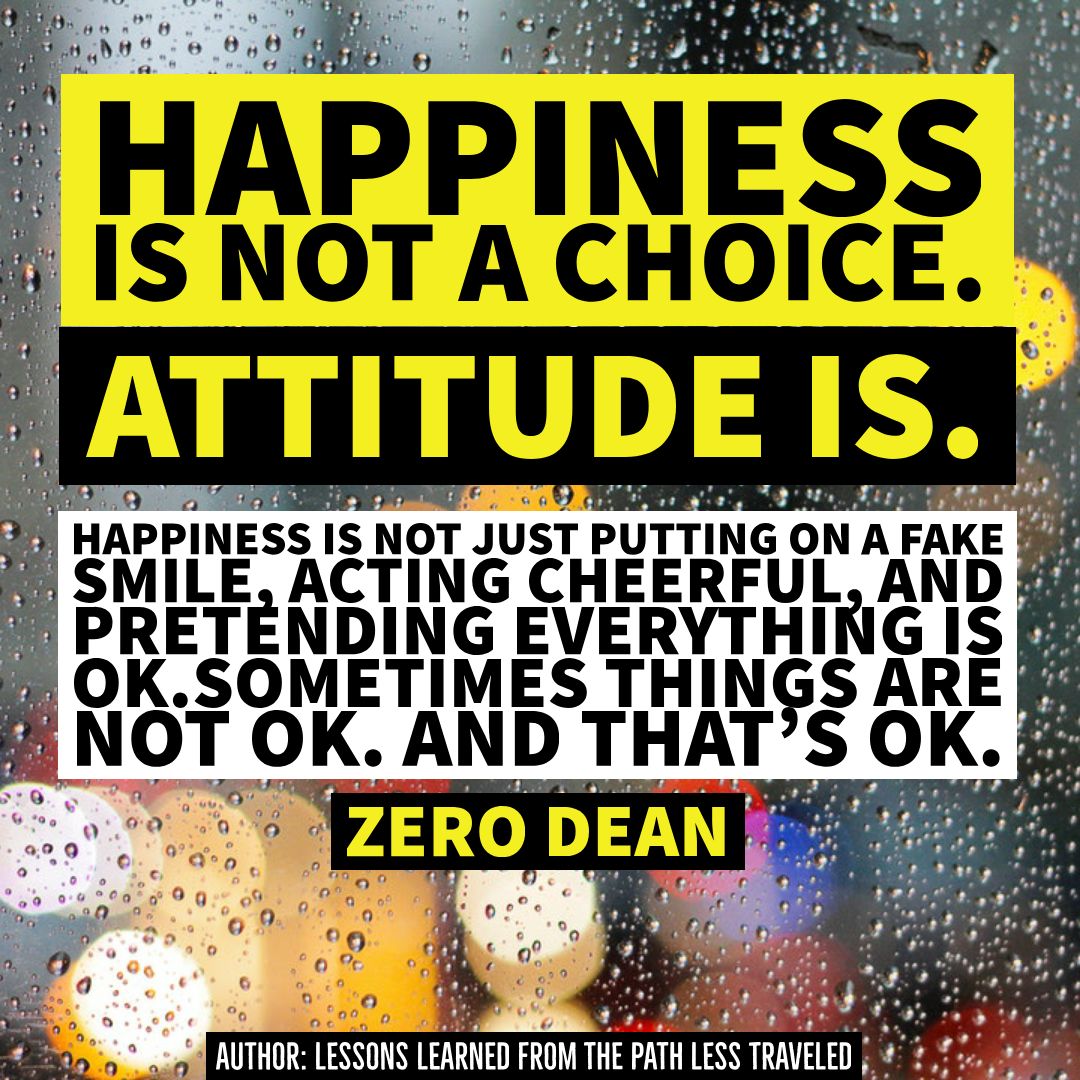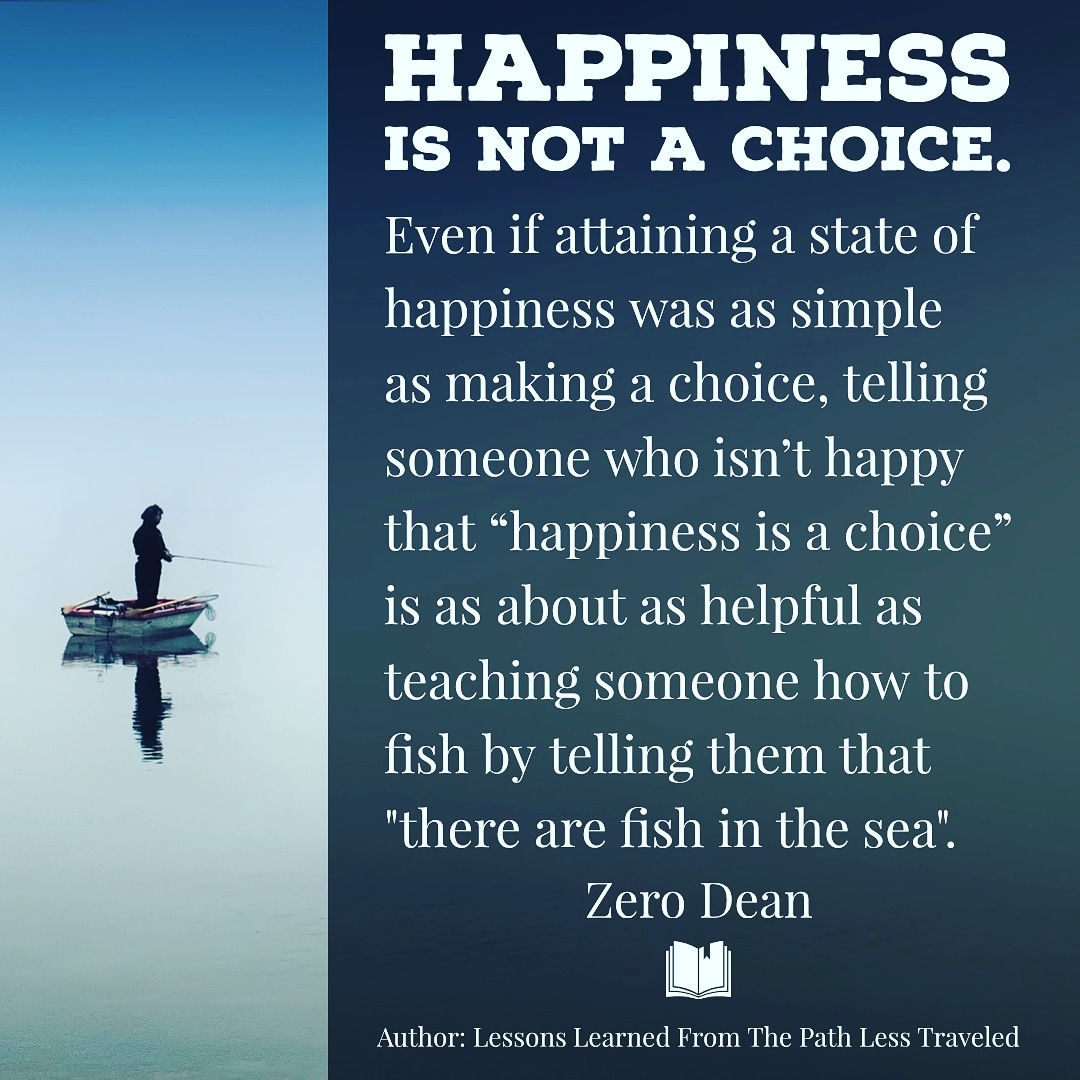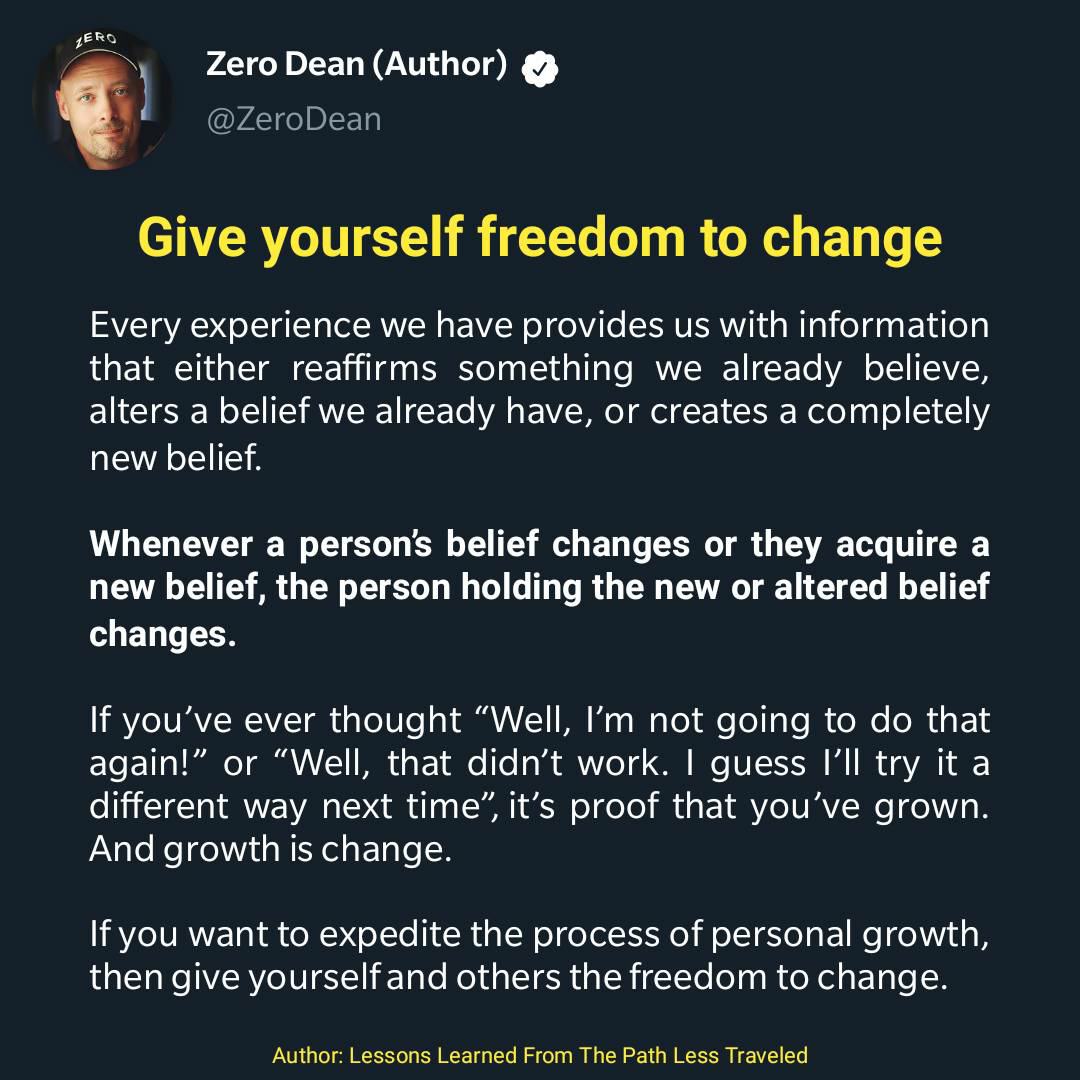It has been said that discipline is just choosing between what you want now and what you want most. But knowing what you truly want and why you want it can be as important as the discipline necessary to attain it.
Without a genuine internal desire to accomplish a very specific “something”, it can not only be difficult to do what is necessary meet a goal, it can be difficult to simply find the motivation to get started.
While motivation from external sources such as inspirational quotes, self-help books, or motivational speakers may temporarily set fire to our desire to achieve, these fires are often quick to burn out.
Zig Ziglar said, “People often say that motivation doesn’t last. Well, neither does bathing — that’s why we recommend it daily.”
This is a clever saying, but it’s more of a crutch for motivation than an elegant long-lasting solution.
As I’ve said before…
“You can read a million motivational sayings to pump yourself up — or echo them to others until you’re blue in the face — but that won’t change anything unless you take action and consistently change your behavior.”
This isn’t to say there is anything wrong with using external motivation as a tool. It works. But the size of the self-help industry is an indication that external motivation doesn’t last.
When one’s motivation is dependent on external sources, the moment those sources are absent is the moment one’s motivation begins to fade. This is because motivation is a state of mind.
And if a particular state of one’s mind is dependent on the availability of things it doesn’t always have control over, it can be difficult to attain the state of mind associated with those things when they’re unavailable.
This is why it’s important to learn how to develop the mental discipline necessary to be one’s own source of motivation.
“Motivation is a fire from within. If someone else tries to light that fire under you, chances are it will burn very briefly.” — Stephen R. Covey
When one is able to motivate themselves, they light a kind of fire that can burn indefinitely. And for these kinds of fires to be set alight, one must know what they want and why they want it — even if what one wants is to simply to seek pleasure from something or the satisfaction of accomplishment.
It has been said that 90 percent of success is showing up. I disagree.
I’d say, the largest contributor to success is knowing exactly what you want. The next largest is having the proper motivation to achieve it. And the remaining amount, roughly 20 percent, is doing what is necessary to get results.
(This also complements The Pareto principle (also known as the 80–20 rule) which states that, in most endeavors, roughly 20% of the work produces 80% of the results.)
Along the way to achieving whatever it is you desire, make sure your mindset is conducive to creating positive thought processes that reinforce your efforts.
Because until one changes the way they think, they will continue to follow familiar patterns in life. An example of this is when people start new endeavors with enthusiasm (or make New Year’s resolutions), but then fail to find the motivation necessary to follow through after obstacles arise.
The fire you light within yourself must not only burn hot enough to stay alight during turbulent times, it mustn’t be dependent on things you have no control over.
“Wanting something is not enough. You must hunger for it. Your motivation must be absolutely compelling in order to overcome the obstacles that will invariably come your way.” — Les Brown
Create and maintain your own motivation by having a clear understanding of what you want and why you want it and then reinforce your positive thought process to achieve it until it becomes not just a habit, but a way of life.
“Everything you want should be yours: the type of work you want; the relationships you need; the social, mental, and aesthetic stimulation that will make you happy and fulfilled; the money you require for the lifestyle that is appropriate to you; and any requirement that you may (or may not) have for achievement or service to others. If you don’t aim for it all, you’ll never get it all. To aim for it requires that you know what you want.” — Richard Koch
Related:
